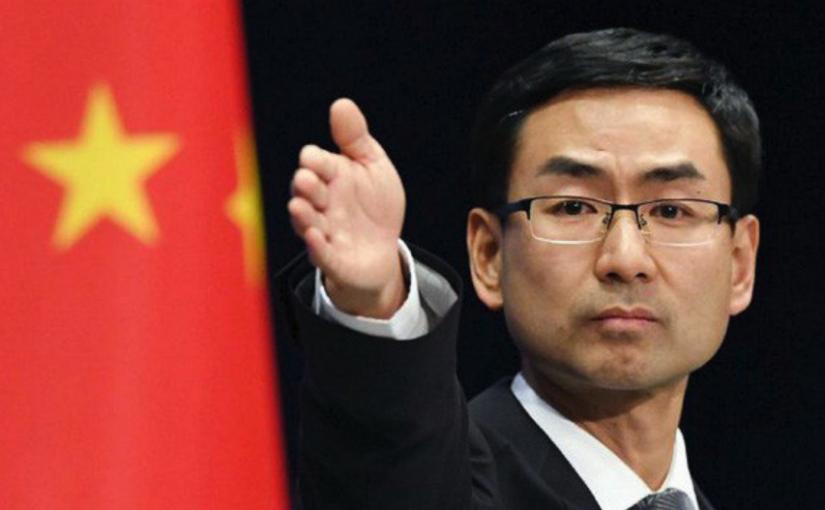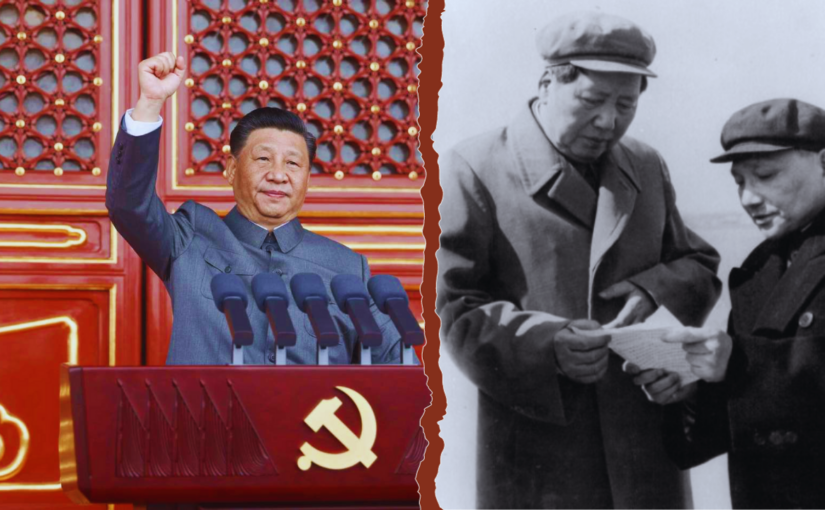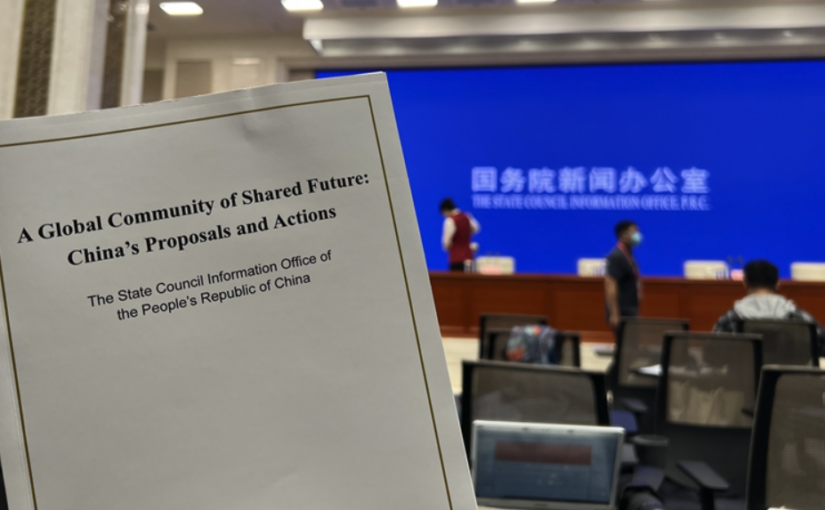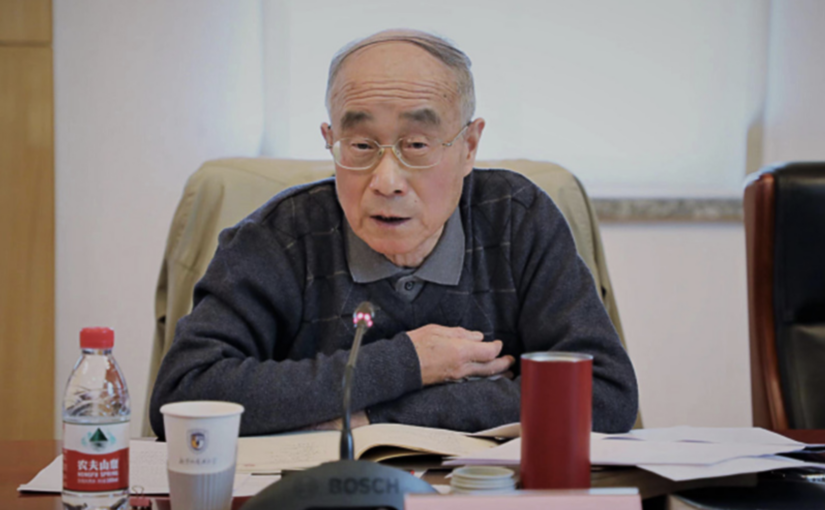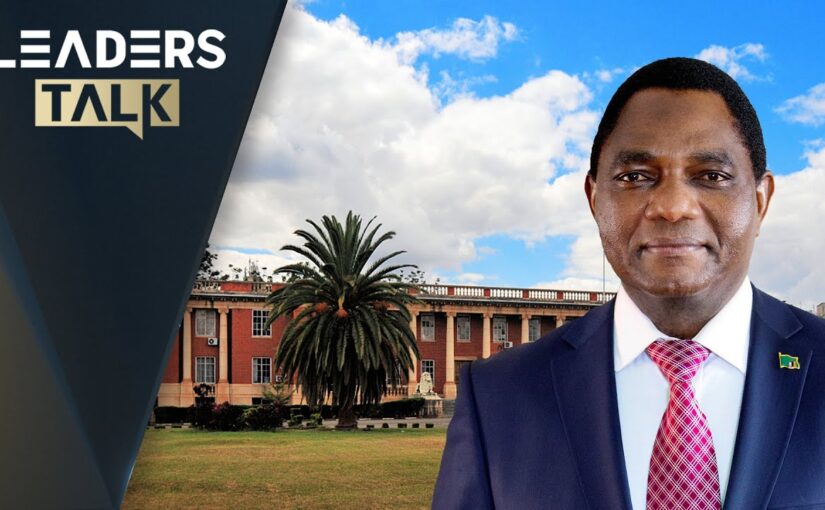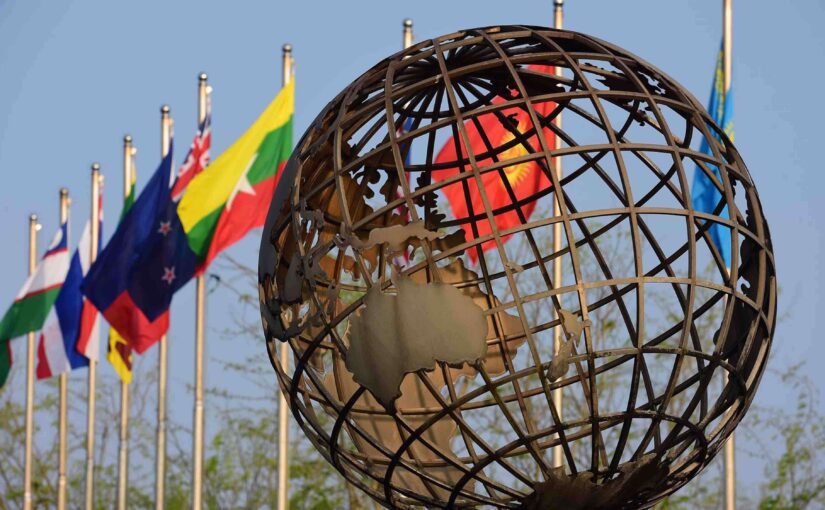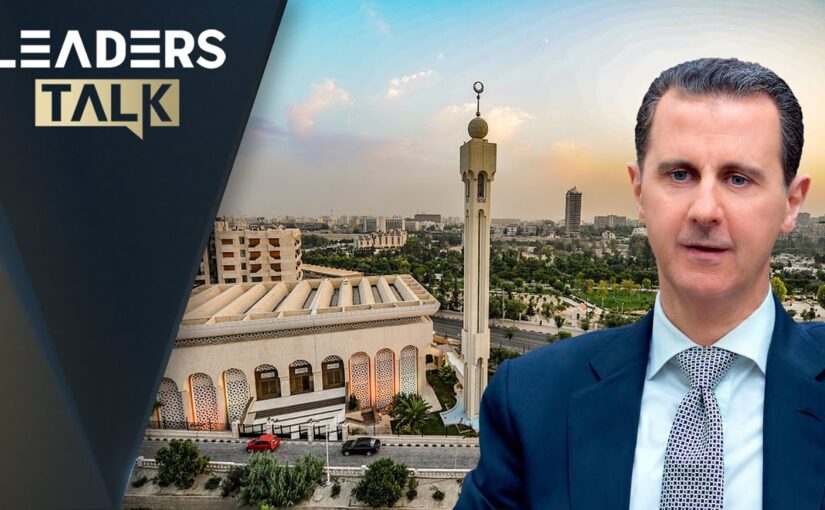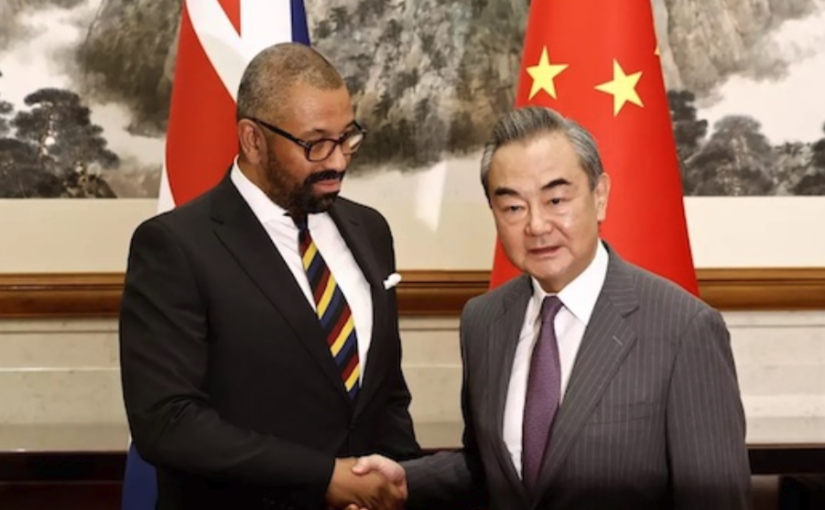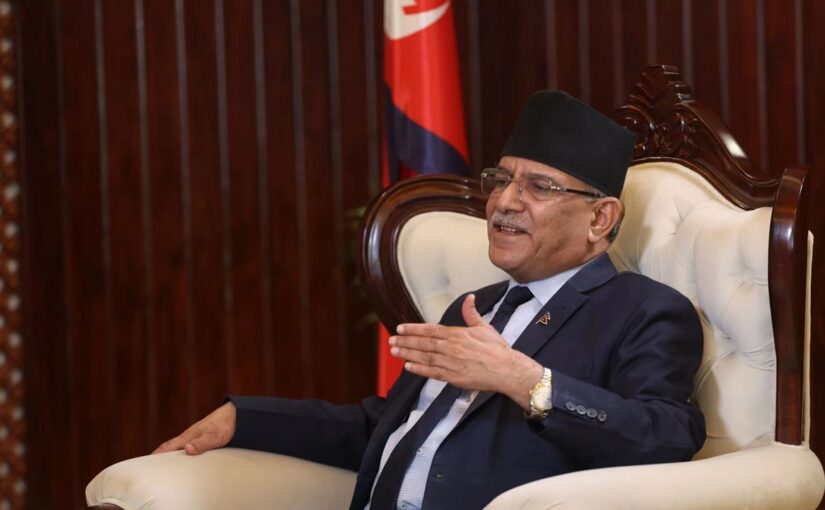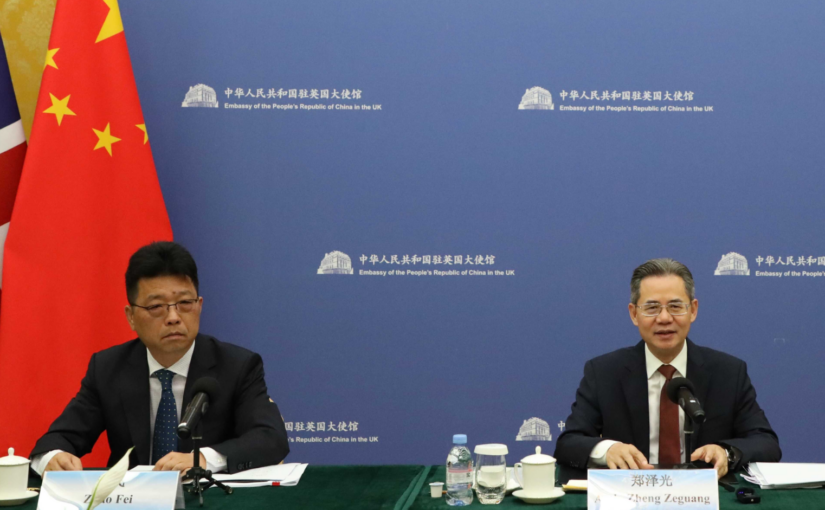A senior Chinese diplomat has made a rousing call to carry the struggle against colonialism through to the end.
Speaking at a general debate of the United Nations Special Political and Decolonisation Committee, also known as the Fourth Committee, Geng Shuang, China’s Deputy Permanent Representative to the UN, urged “the international community to end colonialism’s harm and legacy and promote a fairer international order.”
“We urge the international community to collectively address the harm caused by colonialism, eradicate its lasting legacy, uphold international fairness and justice, and foster the establishment of a fairer and more equitable international order.”
Geng went on to say that: “Colonialism stands as the darkest chapter in human civilisation’s history, leaving an enduring scar in the course of human development. During that era, a few Western countries promoted slavery overseas and engaged in the slave trade for their own selfish interests, amassing wealth and happiness at the expense of countless lives and untold human tragedies. Even today, the legacy of colonialism endures, colonialist ideologies persist, and the world we inhabit has yet to fully emerge from the shadow of colonialism.”
He added: “China urges those countries that have implemented the colonial system or benefited from it to show political will, shoulder historical responsibilities, compensate for the consequences of colonisation, and stop pursuing colonial thinking in international relations, manipulating power politics, and harming the interests of other countries.”
Stressing the unity of the Global South, Geng noted that: “Common experiences give rise to common demands, common demands give rise to common interests, and common interests call for common actions.”
He also called for the promotion of gender equality.
The following article originally appeared in China Daily.
A Chinese envoy to the United Nations on Tuesday called on the international community to end colonialism’s harm and legacy and promote a fairer international order.
“We urge the international community to collectively address the harm caused by colonialism, eradicate its lasting legacy, uphold international fairness and justice, and foster the establishment of a fairer and more equitable international order,” said Geng Shuang, China’s deputy permanent representative to the UN.
Geng spoke at a general debate of the UN Special Political and Decolonization Committee, or Fourth Committee, on Tuesday.
“Colonialism stands as the darkest chapter in human civilization’s history, leaving an enduring scar in the course of human development. During that era, a few Western countries promoted slavery overseas and engaged in the slave trade for their own selfish interests, amassing wealth and happiness at the expense of countless lives and untold human tragedies.
“Even today, the legacy of colonialism endures, colonialist ideologies persist, and the world we inhabit has yet to fully emerge from the shadow of colonialism,” said Geng.
Geng noted that UN Secretary-General António Guterres has emphasized the direct correlation between today’s social and economic inequalities and centuries of colonial exploitation.
During the recently concluded general debate of the 78th session of the UN General Assembly, leaders from developing countries voiced their grievances about the serious disasters colonialism had brought to their countries and the world, and called for the matter of compensation to be addressed, a sentiment that found resonance across many countries in the Global South, Geng said.
“China urges those countries that have implemented the colonial system or benefited from it to show political will, shoulder historical responsibilities, compensate for the consequences of colonization, and stop pursuing colonial thinking in international relations, manipulating power politics, and harming the interests of other countries,” the envoy said.
Geng also quoted Chinese President Xi Jinping’s remarks at the closing ceremony of the BRICS Business Forum 2023, held in South Africa in August.
Xi said: “Many emerging markets and developing countries have come to what they are today after shaking off the yoke of colonialism. With perseverance, hard work and huge sacrifices, we succeeded in gaining independence and have been exploring development paths suited to our national conditions. Everything we do is to deliver better lives to our people.”
“Common experiences give rise to common demands, common demands give rise to common interests, and common interests call for common actions. As a member of the Global South, China is willing to work with other developing countries to defend the hard-won independence, freedom and development achievements, pursue the better life expected by the people,” said Geng.
“We aim to secure our rightful representation in international affairs and global governance, promote gender equality and amplify our voices, and collectively advance the construction of a shared future for humanity, ushering in a new chapter in human development,” he said.
